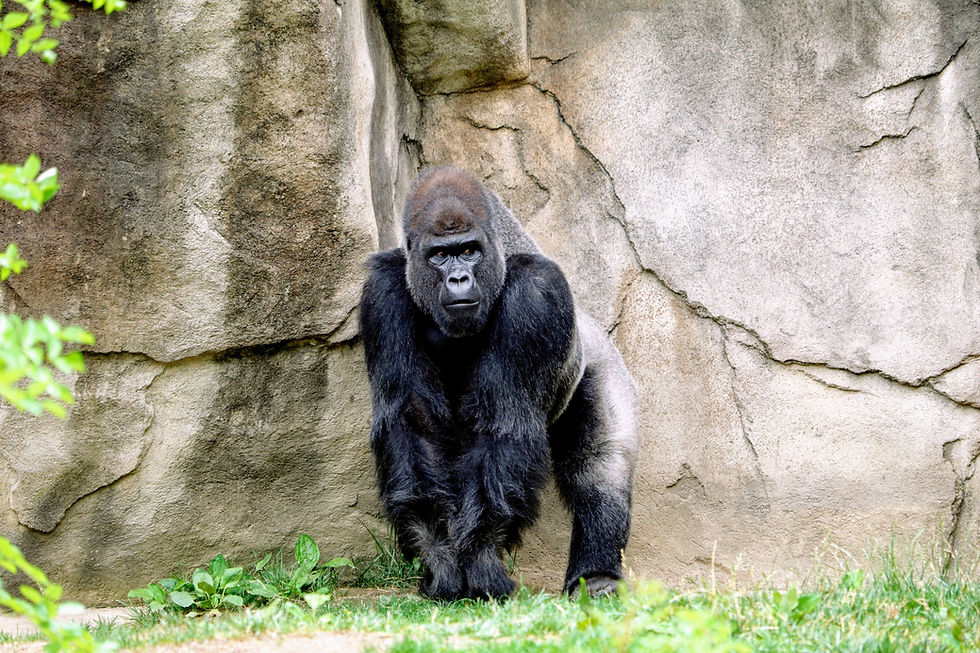Ecology: Can You Hear the Plants and Animals Talking?
In the face of climate change, the destruction of the rainforests, and pollution, every student should be versed in Ecology. Ecology is the study of how plants and animals need each other in order to survive. In scientific terms, this interaction is called a symbiotic relationship, and there are many different types!
Here are three symbiotic relationships I bet you didn’t know about:
1. Did you know that after a meal, a crocodile will walk onto the riverbank, find a cozy spot, and sit with its mouth wide open? This action signals a plover, a brave little bird, to enter the crocodile’s mouth to pick off tiny bits of food that remain in the huge reptile’s teeth.
2. Did you know that when coyotes and badgers work together, they combine their specific hunting skills to increase their chances of catching prey? While the coyote chases the prey on the prairie, the badger will hide in the burrows of the prey to grab them as they return home
3. Sea anemones will hitchhike on the backs of hermit crabs, providing the anemones with a lift over the seabed. While getting a ride, the anemones use their tentacles to grab leftovers from the hermit crabs’ meals. And what does the crab get out of it? A great deal! Crabs seek out sea anemones because the anemone will fight off hungry octopuses.
In addition to learning about these amazing relationships, we will also learn about the dangers of introducing new species into an environment. And for a fun final project, you will have the opportunity to create your own small, working ecosystem in your own world!
- Minimum recommended age: 11
- Instructor: Ms. Makayla Clement
- Thursdays, 10:15-11:15 AM ET
- 8 classes
- September 14, 21, 28, October 5, 12, 19, 26, November 2
Makayla Clement graduated from Brigham Young University with a Bachelor’s Degree in Biological Science Teaching. She focuses on using a wide variety of teaching methods to ensure that students of all learning types can comprehend and enjoy the material being taught. She has many science-related hobbies including bug collecting, rock collecting/jewelry-making, and botany. She also loves music and teaches beginning to intermediate piano. She has three busy children, a supportive husband, a quirky tortoise, and a snake.
Teaching style: video lessons, worksheets, research projects, discussion groups
Student & Parent Reviews for Ms. Makayla:
I have a somewhat difficult to teach child and she loves learning from Ms. Makayla at The Thinking Kid. Her knowledge of Bugs grew tremendously in just one week of camp! Thank you so much for your time and dedication. We look forward to many more adventures with The Thinking Kid. -Jennifer, parent
I very much enjoy Mrs. Makayla’s classes. She really knows the subjects she’s teaching and I can tell that she loves teaching them to others. She is funny, kind, and patient with her students. -Abigail, student

















